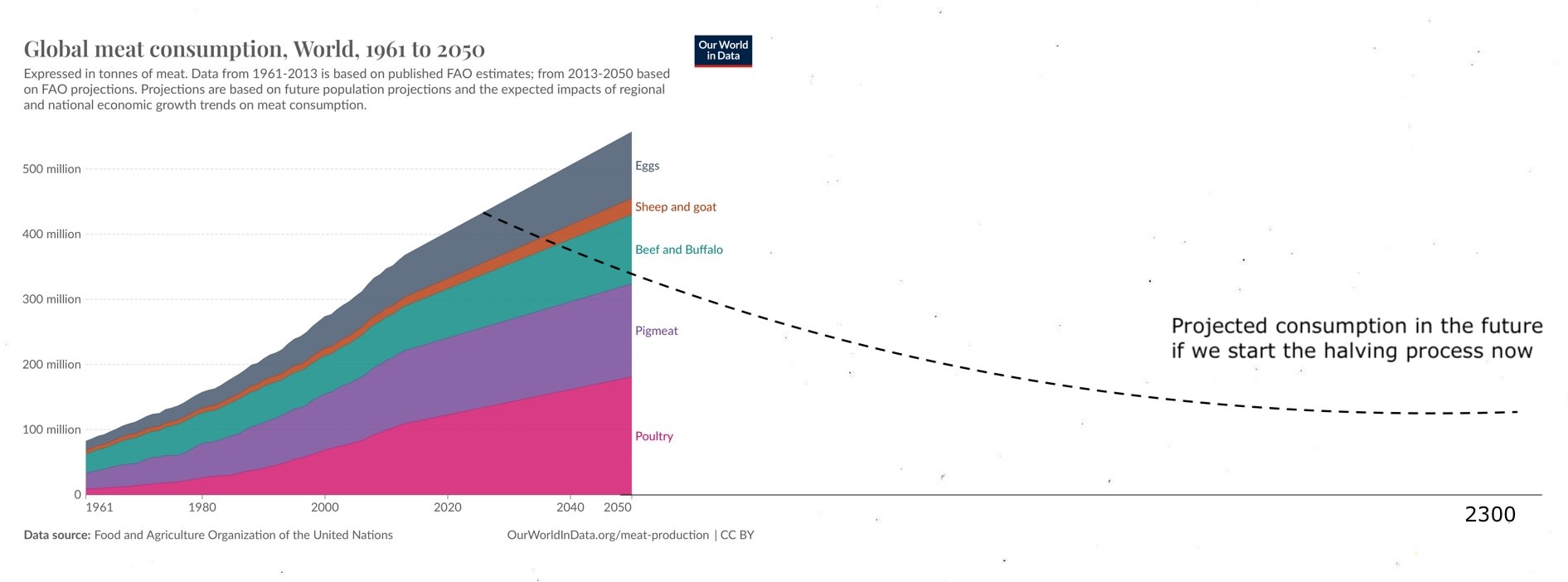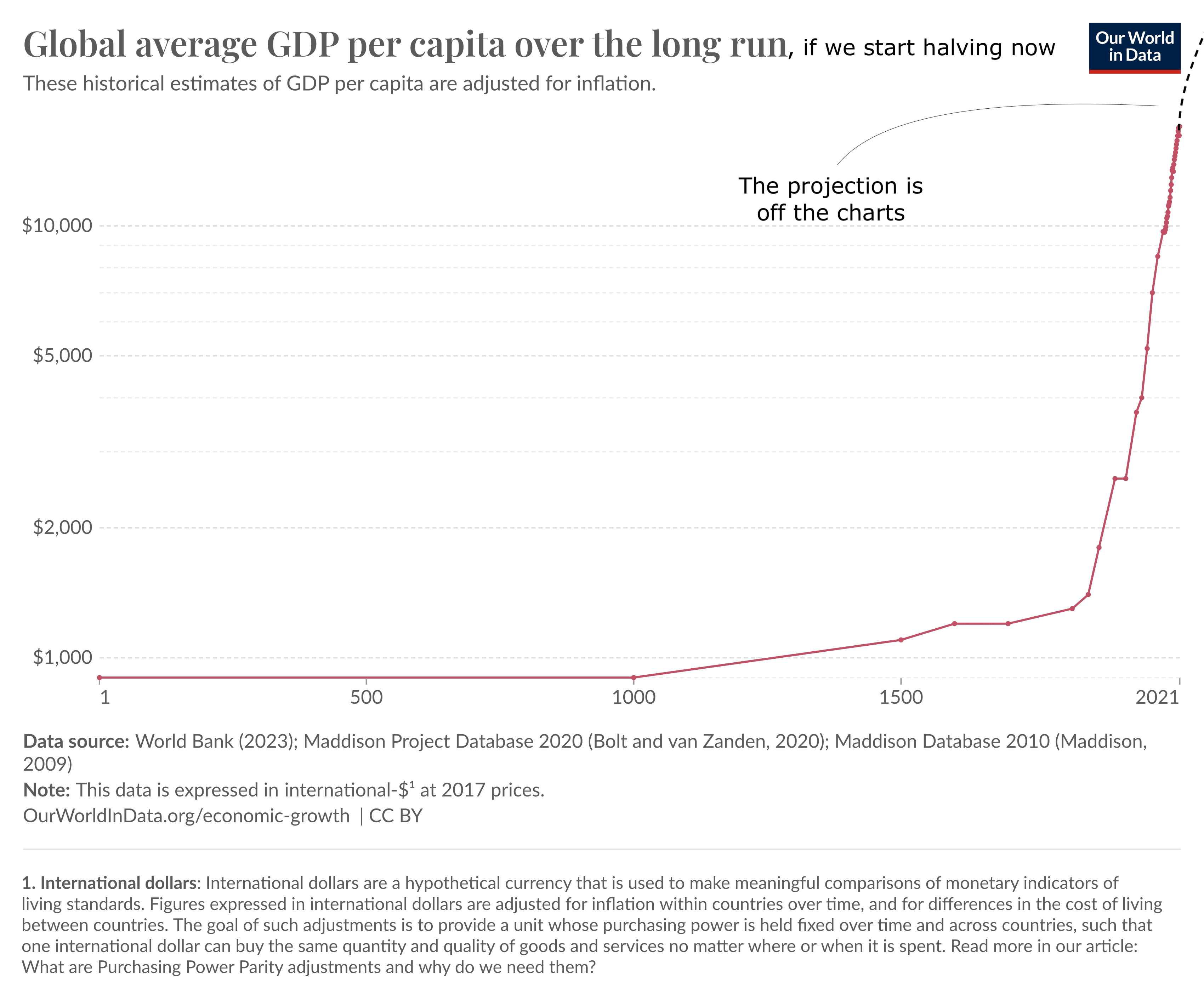Epistemic status: 97.75% certain.
Introduction
For most of history, physical prowess and stature have been important. If you lived during pre-agricultural times, being taller and more agile would have made you a more capable hunter and gatherer. In confrontations with other humans, it would have allowed you to fend for yourself better. After dusk, it would have made you a more worthy rival against larger carnivores. Your odds of survival, on average, would have been higher if you were more physically capable.
In modern society, with its quasi-abundance of resources and lower rates of violence and conflict, physical prowess and stature no longer have practical utility.
It is quite possible that being taller has a net negative impact on the world (unless you are offsetting your harm with donations, career choices, career, et cetera). Why? You need more calories to survive and more space to exist. Cars and public transportation need to be larger. Clothes need to be bigger. Buildings need a more considerable load capacity. In fact, shorter people aren't exempt from these criticisms either. For instance, a 30-inch tall human would require substantially less of everything compared to most "short" present day humans.
I have been skirting around the main idea, so here's the
The proposal: A ~300-year plan to scale down humans to half the current median height.
Why bother?
Before getting to the how I want to elaborate further on the why. Note that for simplicity's sake, I assume an elasticity rate of 1 (a pretty sound assumption) for all the analyses below.
Non-human animals spared
We currently farm a staggering 92 billion non-human land animals. If we include farmed fish, that is another 150 billion. If we include farmed shrimp, that's another 400 billion. If we include farmed insects, that's another 2-3 trillion. The amount of wild-caught fish and shrimp is in the several trillions.
Under the business-as-usual scenario, meat consumption is expected to grow drastically in the next few decades. If we start the halving process now, we will not only stop this trend but also reverse it. Conservatively, this would spare trillions of beings from a cruel, short existence without any change to our laws and dietary habits. Hooray!

Resource abundance
We have a finite amount of resources, but by halving our heights, we would effectively "double" the amount of resources available to us! Of course, the quantity of, let's say, iron reserves would stay the same. However, newer buildings we construct would be half as tall, requiring half as much iron, concrete, and other materials. The same would be true for everything else. We would experience an artificial but real resource boom, leading to giant leaps in the economy.

Space
We would effectively double the amount of horizontal but also vertical space available to us!
Horizontal space: for farming, housing, urbanization, accommodating more people, and so much more.
Vertical: Imagine an existing building with 20 floors. Add a floor in the middle of each floor. Boom, 40 floors. And you wouldn't even notice the difference because everything would look the same (you are just scaled down).
Global Poverty
"Doubling" available resources and land would enable us to tackle global poverty better. I am unsure about the economics behind this; initially, I naively assumed that the rate of production of goods would stay constant, but they would scale down ~linearly with us. That said, the "increase" in resources and land should enable us to be more economically productive, which would have some trickle-down effects on poverty reduction.
Civilizational resilience
As we would be more calorie-efficient in the case of a nuclear winter or some catastrophic event that affects our food production, our chances of survival would be higher.
Climate Change
Solved.
N-th Order Benefits
Halving everyone down would achieve a new kind of equality that humankind has never experienced before. I anticipate that it would make designing clothes and other things much easier. I urge readers to outline other possible benefits, as I am certain I am missing quite a few of them.
Possible misconceptions, pushbacks, and questions
Scaling vs. shrinking
A typical failure mode is imagining yourself shrunk in your current house or office. The proposal here is to scale everything down; in the final stage, our day-to-day lives wouldn't feel any different.
Why half the median height? Why not 1 cm? You are not being logically consistent.
Solid arguments could be made for scaling humans down further. I propose half the median height because I think building scaled-down machinery and housing half their current size would be manageable. However, it is possible that scaling down 10-100x is also feasible, in which case, we should do it.
Appeal to nature
I expect that a large swathe of pushback would be fueled by an appeal to nature. I don't find this line of reasoning particularly strong, but many continue to use it as an argument. Several natural things are terrible for us, so natural ≠ good. I am happy to chat about this further with those who are unconvinced.
Why 300 years? Why not do it immediately?
300 is somewhat arbitrary, but the scaling down should be done in increments over a few generations for practical reasons. First, this would make it easier to scale down our infrastructure along with us slowly. Second, it would avoid unnecessary friction between "normal"-sized and tiny humans, as the difference in height wouldn't feel drastic between two adjacent generations (and may not be noticeable at all).
Okay, I am sold. What next?
Scaling down humans is a hugely neglected and important problem. Once we figure out the science behind scaling humans down, it would also be the most tractable cause ever (all we would need is a tape measure to inspect our progress).
This cause falls into a range of existing cause buckets. It would appeal to anyone interested in pure suffering reduction, reliable global capacity growth, or high-impact long-shots. Given this proposal's win-win nature and possibly zero downsides, I think it is time to invest considerably into research and a fair bit into advocacy and field-building to make it happen.
I look forward to a flourishing future with tens of billions of 2.8 feet tall humans.


I'm not sure if anybody ever figured out how much the authors of this paper were joking. https://www.dailymail.co.uk/sciencetech/article-2114430/Save-planet-genetically-engineering-humans-smaller-suggests-NYU-philosopher.html
Fascinating — skimmed his wikipedia and this video, and I think he is 100% serious. He even wrote a paper with Sandberg and Roache arguing the same.
I posted this because it is an inside joke at our university group, but I appreciate that some professional philosophers have given it a more serious treatment.
Prior conceptual work suggests that managing the consequences of extreme shrinking at once would be difficult, but there were only transient adverse effects in that one, in a follow-up work, and in a related work involving extreme size increase. Moreover, available information suggests high cost-effectiveness, with direct benefits exceeding 10:1 for the original work.
Such rich literature! I think the major flaw in their methodology is lack of coordinated, incremental scaling (which seems to be the reason why the test subject faced quite a bit of trouble). That said, it still reinforces the arguments of the proposal above, so thank you for sharing these!
Executive summary: Scaling down humans to half their current median height over 300 years could have immense benefits for resource abundance, animal welfare, global poverty, and climate change, making it a promising new cause area to explore.
Key points:
This comment was auto-generated by the EA Forum Team. Feel free to point out issues with this summary by replying to the comment, and contact us if you have feedback.
One potential downside: shorter people means less physical capacity, as somewhat mentioned in the above area. I agree that most recources would be [doubled*], but recources that require physical labor will be comparatively twice as slow, perhaps having a nagative impact on the economy. I'm not sure if "the doubling" offsets this. Epistemic status: "Idk tho"
This was an April Fools' Day post, so it shouldn't be taken that seriously!